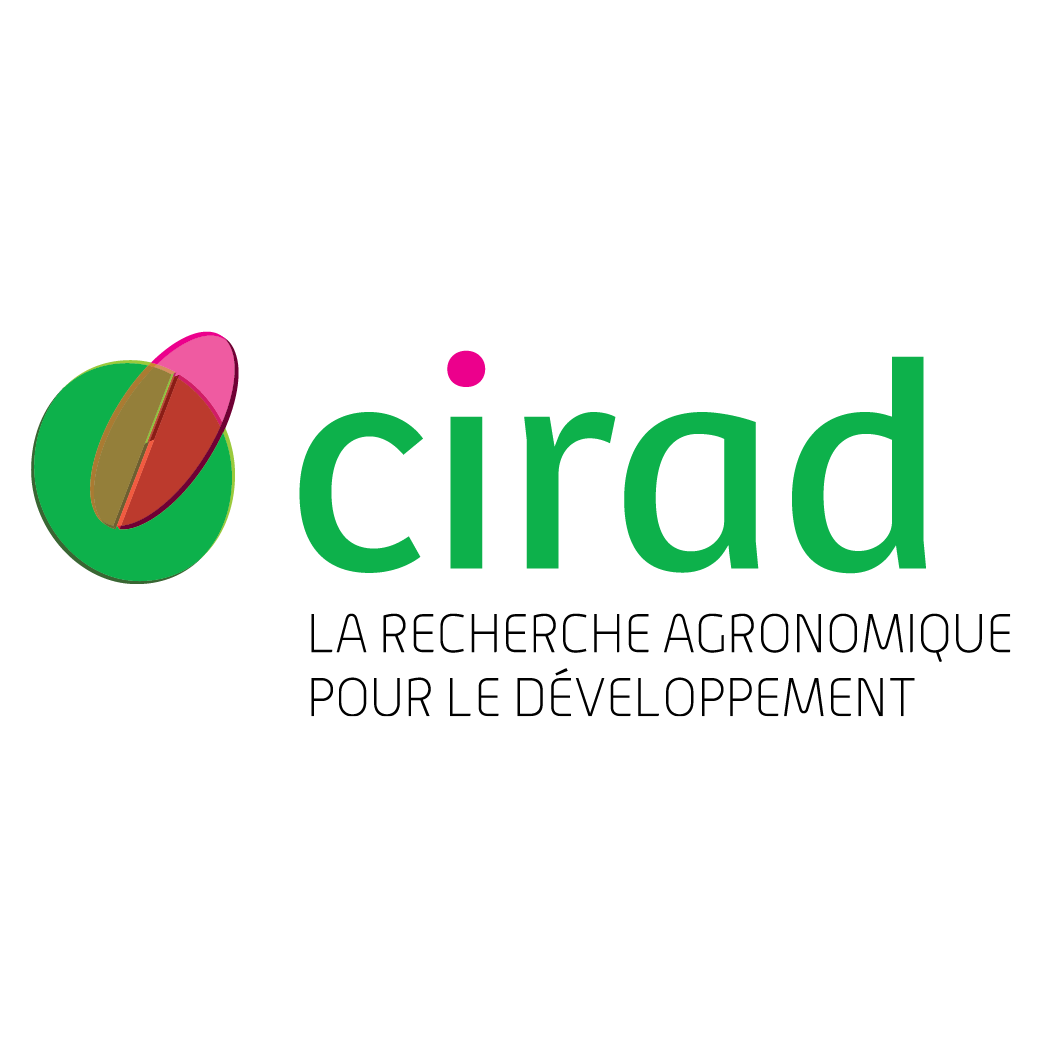Research laboratories
- Home
- Find a research laboratory
- Crop Diversity Adaptation and Development
UMR 100 - Crop Diversity Adaptation and Development (DIADE)
The DIADE Research Unit aims to understand the diversification of tropical plants, one of the main original reservoirs of biodiversity, and for which conservation, management and exploitation are an important issue for Sustainable Development. We investigate the nature and role of structural and functional changes in the genome, diversity and populations structure, particularly during speciation processes, and adaptation to natural environmental variations or human-induced changes.
The research belongs to the field of functional and evolutionary biology. It relies on genetics, epi-genetics, developmental biology, physiology, systematics, evolution. It also integrates other approaches, such as modeling, remote sensing, ecology, etc., when required by collaborative projects. The systems under study make it possible to compare model plants (rice, Arabidopsis) and species of agronomic or ecological interest (coffee trees, filaos, yams, maize, palm trees, mils).
Different levels of analysis, from cell to species complex, are considered:
- fine-tuning the expression of key developmental genes;
- the monitoring of developmental transitions;
- the evolutionary history of gene families;
- molecular determinants (genes or gene networks) of the phenotypic variation of agronomic or ecological traits;
- the dynamics and the plasticity of the genomes;
- diversity and evolution of populations in response to ecological and human factors.
Around 60 permanent staff and 30 PhD students and post-doc fellows
Supervisory bodies

Other Supervisory bodies
- Université de Montpellier
- Institut de recherche pour le développement
Unit Manager
Alain GHESQUIÈRELocation
Region : Occitanie (Montpellier)University site : Université de Montpellier (MUSE)
Address :
Centre IRD Montpellier TA A-100/IRD - 911, avenue Agropolis - BP 64501 -34394 Montpellier Cedex 5
© Agreenium, the French training and research alliance for agriculture, food, environment and global health - Contact

